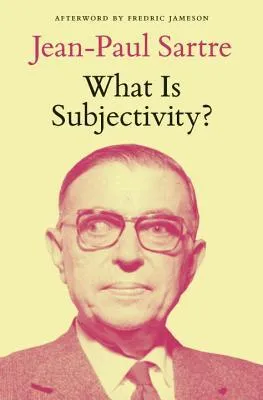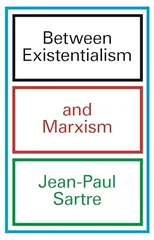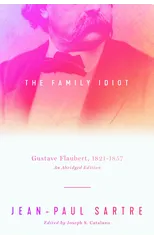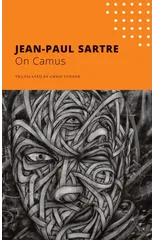Jean-Paul Sartre, at the height of his powers, debates with Italy’s leading intellectuals In 1961, the prolific French intellectual Jean-Paul Sartre was invited to give a talk at the Gramsci Institute in Rome. In attendance were some of Italy’s leading Marxist thinkers, such as Enzo Paci, Cesare Luporini, and Galvano Della Volpe, whose contributions to the long and remarkable discussion that followed are collected in this volume, along with the lecture itself. Sartre posed the question “What is subjectivity?”—a question of renewed importance today to contemporary debates concerning “the subject” in critical theory. This work includes a preface by Michel Kail and Raoul Kirchmayr and an afterword by Fredric Jameson, who makes a rousing case for the continued importance of Sartre’s philosophy.
Jean-Paul Sartre
Jean-Paul Sartre (1905-1980) was a French philosopher, novelist, and playwright known for his existentialist philosophy. His most notable works include "Being and Nothingness" and "No Exit". Sartre's literary style is characterized by complex language, deep exploration of human consciousness, and questions of freedom and responsibility. He is credited with popularizing existentialism and has had a significant impact on the literary genre. His most famous work, "Being and Nothingness", explores the concept of existence and the individual's struggle to define themselves in an indifferent world. Sartre's contributions to literature have made him a towering figure in 20th-century philosophy and literature.






